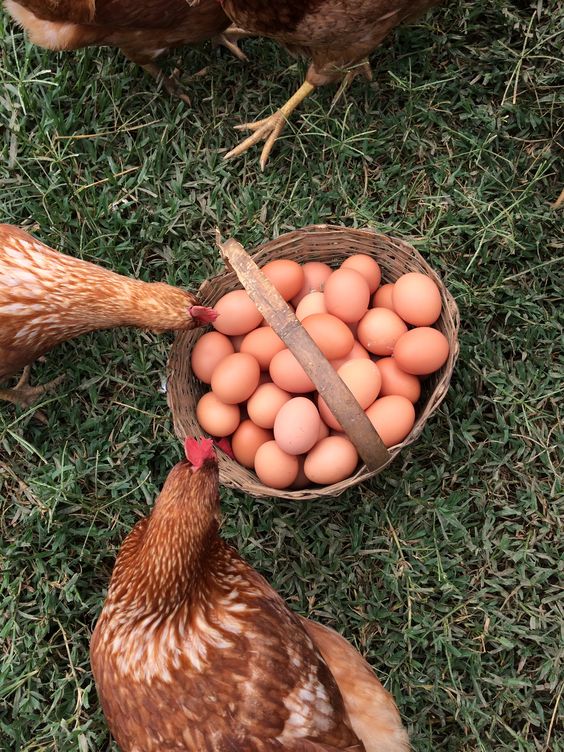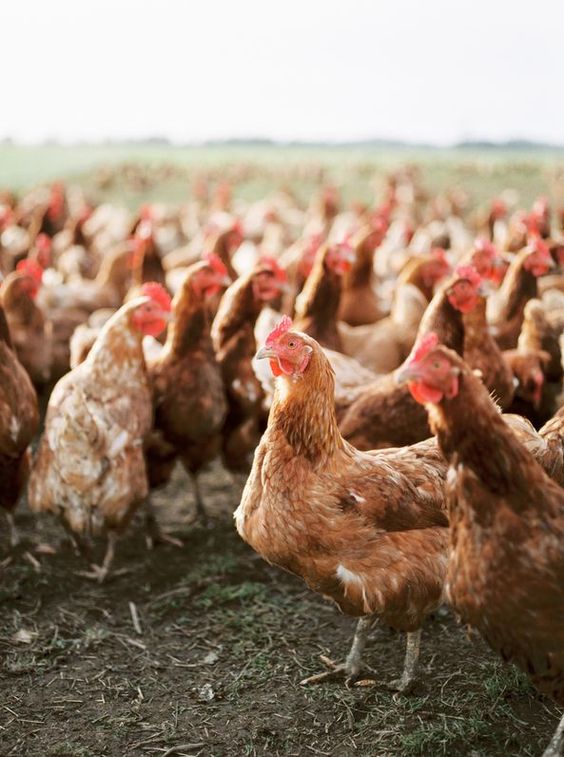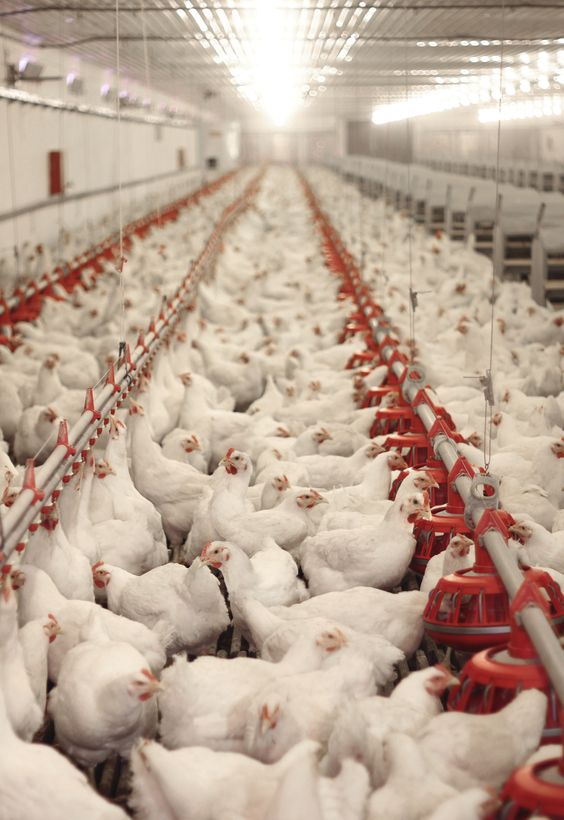From Nest to Carton: A Guide to Farm Egg Processing and Assurance
Farm Egg Processing are a delicious and versatile source of protein enjoyed worldwide. But before these gems reach your breakfast table, they undergo a meticulous processing journey that ensures safety, quality, and consistency. This guide delves into the world of farm egg processing and the crucial role of egg processing assurance programs.
Farm Egg Processing: A Step-by-Step Journey
The processing journey for farm eggs can be broken down into several key stages:
1. Collection: Eggs are collected from the nesting boxes in the henhouse several times a day. Ideally, this happens soon after laying to minimize contamination and maintain freshness.
2. Pre-candling and Cleaning: Collected eggs are pre-candled using a bright light source to identify any cracked, misshapen, or blood-stained eggs. These are removed from the processing line. The remaining eggs then undergo gentle cleaning with warm, sanitized water to remove any dirt or debris adhering to the shell.
3. Candling and Grading: Each egg is meticulously candled using a specialized light box. This process allows inspectors to assess the internal quality of the egg, including the yolk position, air cell size, and albumen (egg white) clarity. Based on this evaluation, eggs are graded according to various criteria like size, shell quality, and internal quality. These grades determine the final packaging and pricing of the eggs.
4. Washing and Sanitizing (Optional): In some countries, eggs undergo an additional washing and sanitizing step using a chlorine solution or other approved methods. However, this practice is less common in other regions due to concerns about removing the protective cuticle on the eggshell, which can increase the risk of bacterial contamination.
5. Oiling (Optional): Traditionally, eggs might be lightly oiled after washing to replace the natural cuticle removed during cleaning. This oiling helps prevent excessive moisture loss and CO2 exchange, which can impact freshness. However, modern packaging techniques often negate the need for oiling.
6. Packaging: Graded eggs are then carefully placed in cartons specifically designed to protect them during transport and storage. These cartons often display information like the grade, size, farm of origin, and best-before date.
7. Refrigeration: Packaged eggs are stored and transported under refrigerated conditions (ideally below 45°F) to maintain freshness and prevent bacterial growth.
8. Distribution: Finally, the processed eggs are shipped to retailers, distributors, or directly to consumers, ready for you to enjoy!
Farm Egg Processing Assurance: Building Consumer Confidence
Egg processing assurance programs play a vital role in ensuring the safety and quality of farm eggs throughout the processing chain. These programs involve implementing a set of standards and practices that are regularly monitored and verified by independent third-party organizations. Here’s how these programs contribute to consumer confidence:
- Strict Hygiene and Sanitation Protocols: Assurance programs mandate stringent hygiene protocols in processing facilities to minimize the risk of contamination from bacteria like Salmonella. This includes regular cleaning and disinfection of equipment, proper worker hygiene practices, and environmental monitoring.
- Traceability and Record-Keeping: Assurance programs require comprehensive record-keeping practices throughout the processing chain. This allows for tracing eggs back to the source farm in case of any potential issues, facilitating swift recalls and ensuring consumer safety.
- Welfare Standards: Many assurance programs incorporate animal welfare considerations. This might involve requirements for spacious, enriched henhouses, access to fresh air and daylight, and humane handling practices.
- Regular Audits and Inspections: Independent third-party organizations conduct regular audits of processing facilities to ensure compliance with the established standards. This independent verification provides consumers with confidence in the quality and safety of the eggs they purchase.
Benefits of Farm Egg Processing Assurance Programs
- Enhanced Food Safety: Assurance programs significantly reduce the risk of foodborne illnesses associated with eggs.
- Improved Quality and Consistency: These programs ensure consistent quality and freshness of eggs reaching consumers.
- Transparency and Traceability: Consumers gain peace of mind knowing the origin of their eggs and the safety measures implemented throughout the processing chain.
- Animal Welfare: Assurance programs that incorporate animal welfare standards promote ethical and responsible farming practices.
In Conclusion Farm Egg Processing
Farm egg processing is a meticulous process that ensures the safe and efficient delivery of fresh, high-quality eggs to consumers. Farm egg processing assurance programs play a critical role in this journey, providing independent verification of safety, quality, and responsible practices.






